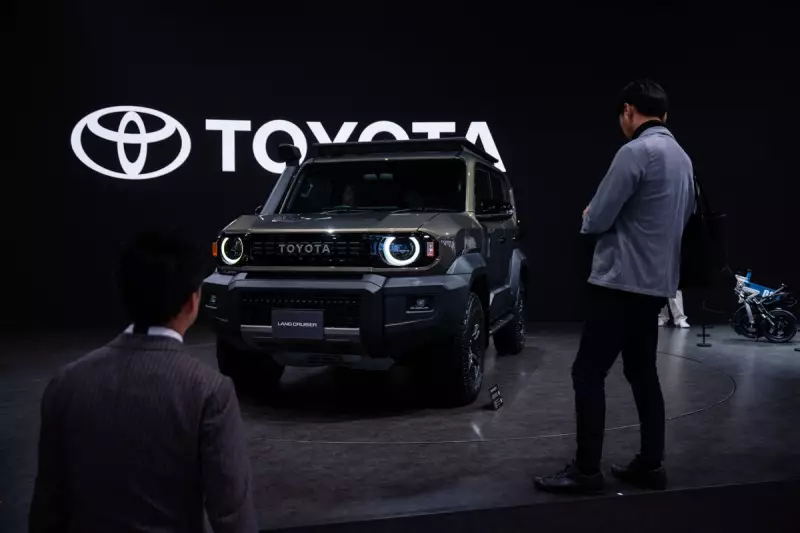
In a strategic move that underscores the continuing influence of Donald Trump's America First trade policies, Toyota has revealed plans to inject a staggering $1.4 billion into its Princeton, Indiana facility. This substantial investment comes directly in response to the former president's persistent threats of imposing steep tariffs on vehicles manufactured outside the United States.
The Trump Effect on Global Manufacturing
During his presidency and throughout his 2024 campaign, Mr Trump has maintained a consistent position regarding international trade, particularly targeting Japanese automakers. "If you want to build cars for our country, you should build them in our country," he declared during a recent rally, reinforcing his long-standing stance that has clearly resonated through boardrooms in Tokyo.
The announcement represents more than just corporate expansion—it signals a fundamental shift in how global manufacturers are responding to political pressure and the evolving landscape of international trade relations.
Economic Implications and Job Creation
Toyota's commitment extends beyond mere capital investment. The Japanese manufacturer has confirmed the creation of 340 new permanent positions at the Indiana plant, providing a significant boost to local employment and reinforcing America's manufacturing heartland. This development demonstrates how political rhetoric can translate into tangible economic outcomes, even when coming from a former president.
The timing is particularly noteworthy, arriving as Trump continues to dominate Republican politics and maintains substantial influence over economic policy discussions within the party.
A Pattern of Strategic Adaptation
This isn't Toyota's first adjustment to Trump-era pressures. During his initial presidency, the company announced a $13 billion investment in American operations between 2017 and 2021. The latest commitment suggests that even out of office, Trump's shadow continues to shape corporate decision-making at the highest levels.
Industry analysts observe that Japanese automakers are walking a delicate diplomatic tightrope—maintaining strong relationships with both US political establishments while ensuring their market access remains uninterrupted.
The Bigger Picture: Global Trade Realignment
This development reflects broader trends in international commerce, where manufacturers are increasingly localising production to mitigate political risks and potential trade barriers. The automotive industry, with its complex global supply chains, finds itself particularly vulnerable to shifts in trade policy and political sentiment.
As the 2024 election approaches, other international manufacturers will likely be watching Toyota's strategy closely, potentially setting a precedent for how global corporations navigate the unpredictable waters of American politics.






